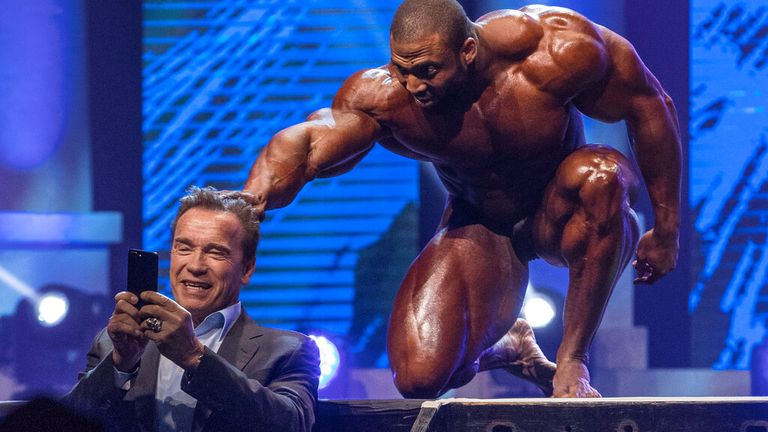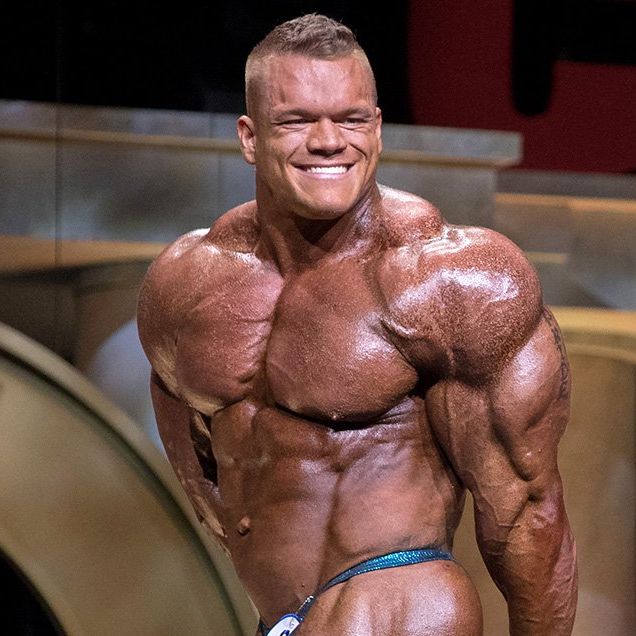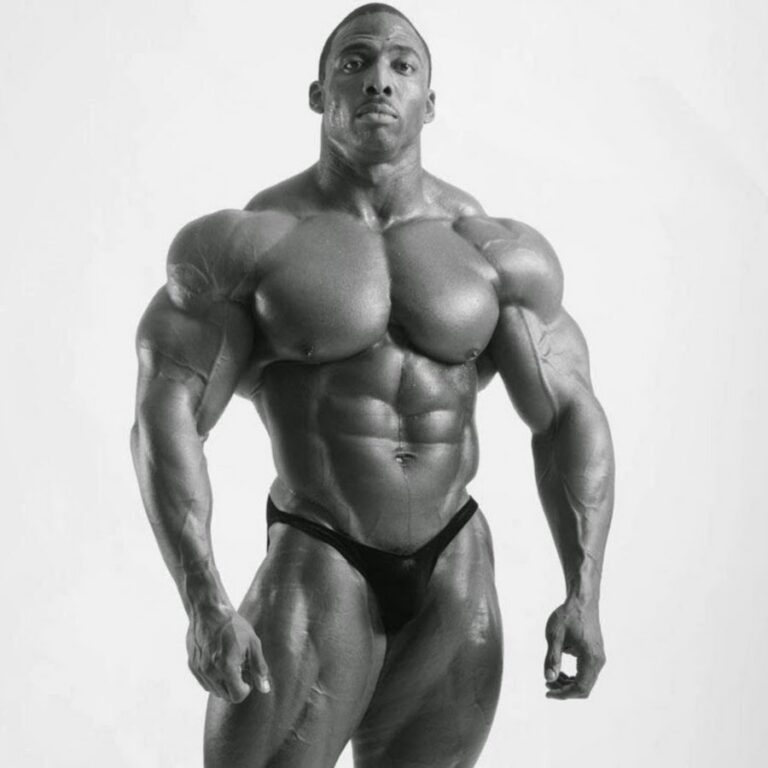Introduction: Examining the Longevity of Bodybuilders Do bodybuilders die young, often between the ages of 40-50? This article investigates the factors influencing the lifespan of bodybuilders, analyzing the potential health risks associated with extreme muscle-building practices and lifestyle choices. We will explore the balance between bodybuilding benefits and risks to provide a comprehensive understanding of this topic.
Health Risks Associated with Bodybuilding
Use of Performance-Enhancing Drugs One significant factor contributing to early mortality among some bodybuilders is the use of performance-enhancing drugs (PEDs) such as anabolic steroids and growth hormones. These substances can lead to severe health complications, including heart disease, liver damage, and hormonal imbalances. For a detailed study on the effects of PEDs, see Harvard Health Publishing.

Intense Physical Strain Bodybuilding involves rigorous training that can sometimes strain the heart and other organs. While exercise is generally beneficial, extreme levels of physical exertion can lead to cardiac issues, especially if pre-existing conditions are present. Learn more about the impact of intense physical activity on health at Mayo Clinic.
Lifestyle and Dietary Factors
High-Calorie Diets and Supplements Bodybuilders often consume high-calorie diets and numerous supplements to support muscle growth. While this can enhance performance, it may also lead to health issues such as hypertension, high cholesterol, and gastrointestinal problems. For insights into the effects of bodybuilding diets, visit WebMD.
Stress and Mental Health The pressure to maintain a certain physique can lead to significant stress and mental health challenges. Issues like body dysmorphia and anxiety are not uncommon among bodybuilders. Strategies for managing stress and mental health in bodybuilding can be found on Verywell Mind.

Mitigating Health Risks
Regular Medical Check-Ups Routine health screenings and check-ups are crucial for bodybuilders to monitor their overall health and catch potential issues early. Regular consultations with healthcare professionals can mitigate the risks associated with intense bodybuilding practices. For guidance on health monitoring, see Cleveland Clinic’s Preventive Health Guidelines.
Balanced Training and Diet Maintaining a balanced approach to training and diet can help reduce the risk of adverse health effects. This includes moderating the use of supplements and ensuring a diet that supports long-term health. Explore balanced training tips at ACE Fitness.
Community Insights and Support
Learning from Bodybuilding Communities Engaging with bodybuilding communities can provide valuable insights and support, helping individuals navigate the challenges and risks of the sport. These communities often share experiences, advice, and strategies for maintaining health and longevity. Participate in discussions at Bodybuilding.com’s forums.
Professional Guidance Seeking advice from experienced coaches and nutritionists can significantly benefit bodybuilders, providing tailored strategies that promote health and performance. Find qualified professionals at National Strength and Conditioning Association (NSCA).
Conclusion: Balancing Bodybuilding and Health
While the question “Do bodybuilders die young?” is complex, it’s clear that certain practices in bodybuilding can pose health risks. By adopting balanced training routines, maintaining healthy diets, and avoiding performance-enhancing drugs, bodybuilders can mitigate these risks and pursue longevity alongside their fitness goals.
Related Posts
- What Is the Most Important Part of Bodybuilding?
- What Is the Purpose of Being a Bodybuilder?
- What Does a Professional Bodybuilder Do?


